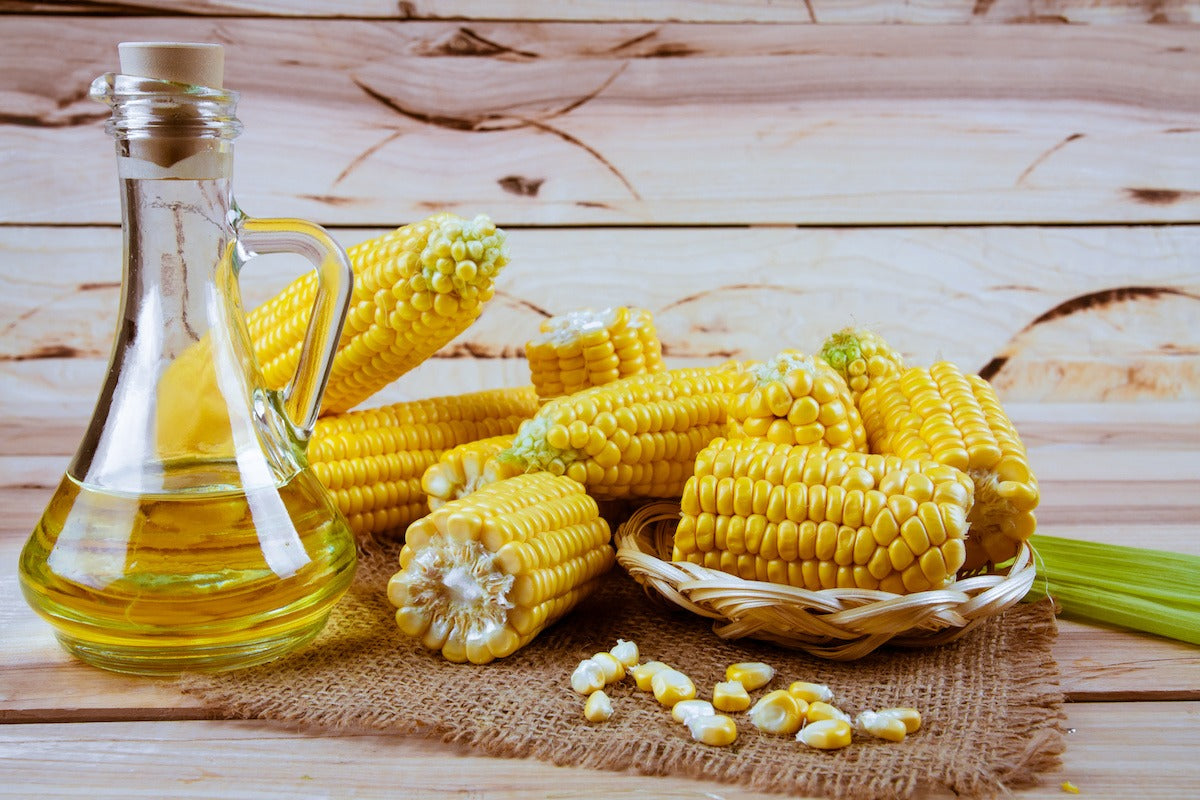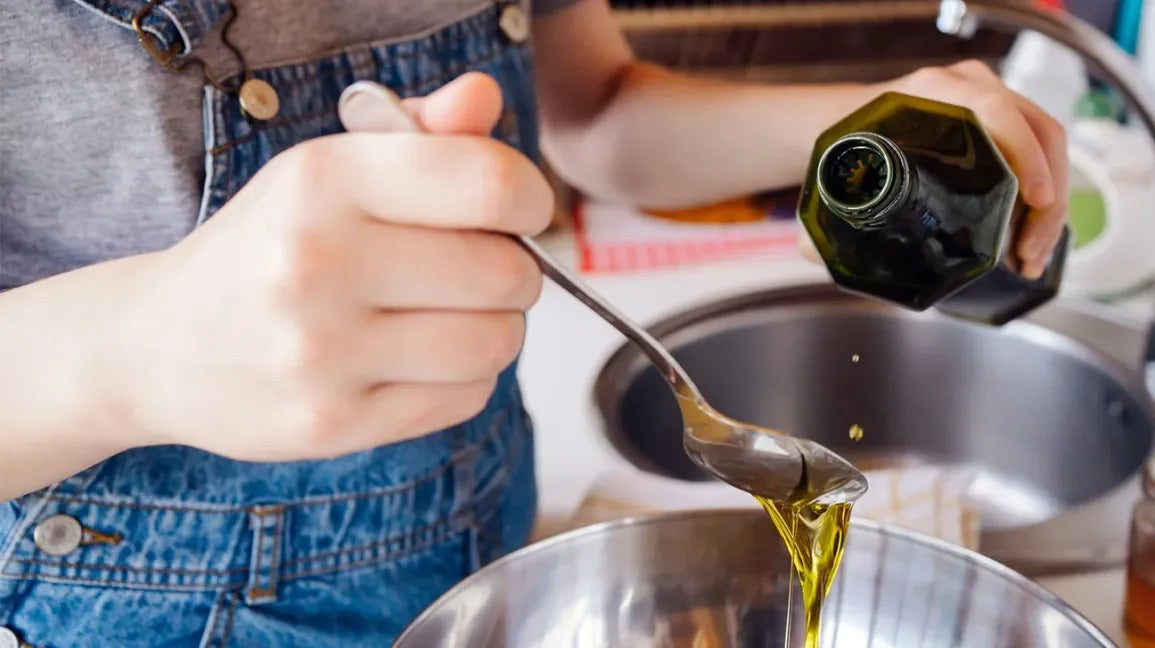Frying a turkey has become an increasingly popular method for preparing a delicious and succulent bird, especially during festive seasons. When it comes to achieving that perfect golden-brown exterior while ensuring moist meat, the choice of oil and its quantity are crucial factors. If you've ever wondered 'how much peanut oil to fry a turkey,' you're not alone. This guide will provide you with exclusive, unmissable information on getting it just right.

The Importance of Using Peanut Oil
Choosing the right oil for frying your turkey can make all the difference. Peanut oil is often the go-to choice for many due to its high smoke point and ability to withstand high temperatures without breaking down. This ensures a crispy, golden skin and keeps the meat tender and juicy.
For kitchen professionals and home cooks alike, knowing the benefits of peanut oil is essential:
- High Smoke Point: Peanut oil has a smoke point of around 450F (232C), making it ideal for deep-frying.
- Neutral Flavor: It doesn't impart any unwanted flavors to the turkey, allowing its natural taste to shine.
- Health Benefits: Rich in monounsaturated fats, peanut oil is a healthier option compared to other oils.

Determining the Quantity of Peanut Oil
So, how much peanut oil do you need to fry a turkey? The answer depends on the size of the turkey and the fryer you're using. Here are some general guidelines:
Step-by-Step Calculation
The amount of peanut oil required can be calculated using a simple method:
- Measure the Turkey: Place the turkey in the fryer and fill it with water until the turkey is completely submerged.
- Remove the Turkey: Let the water settle and take note of the water level. This represents the amount of oil you will need.
- Drain and Dry: Ensure the fryer is completely dry before adding the peanut oil to the measured level.
This process ensures that you use just the right amount of oil, minimizing wastage and ensuring safety.

Safety Tips for Frying a Turkey
Frying a turkey can be a potentially hazardous process if not done correctly. Here are some safety tips to keep in mind:
- Use a Turkey Fryer: Always use a specially designed turkey fryer for this purpose.
- Thaw Completely: Ensure the turkey is fully thawed and dry to prevent oil splatters.
- Maintain Distance: Fry the turkey outdoors and away from any flammable surfaces.
- Monitor Temperature: Keep a close eye on the oil temperature to avoid overheating.

Maintaining the Fryer and Peanut Oil
Maintaining your fryer and the quality of the peanut oil are essential for a perfect fry. Here are some tips:
- Filter the Oil: After frying, filter the oil to remove any food particles.
- Store Properly: Store the oil in a cool, dark place for future use.
- Check for Freshness: Before reusing the oil, check for any signs of rancidity.
For more tips on maintaining a clean and safe kitchen environment, check out how to clean a kitchen.
Conclusion
Frying a turkey to perfection involves understanding how much peanut oil to use and applying proper techniques and safety measures. By following the guidelines outlined in this article, you can achieve a delicious, crispy, and moist turkey that will delight your guests. Whether you're a kitchen professional or a home cook, mastering the art of frying a turkey with peanut oil will undoubtedly elevate your culinary skills.
As an Amazon Associate, I earn from qualifying purchases.
FAQs
1. What is the best oil for frying a turkey?
Peanut oil is considered the best due to its high smoke point and neutral flavor.
2. How can I safely dispose of used peanut oil?
Allow the oil to cool completely, then pour it into a sealed container and dispose of it according to local waste disposal regulations.
3. Can I reuse peanut oil after frying a turkey?
Yes, you can reuse peanut oil if it is properly filtered and stored. Always check for any signs of spoilage before reuse.






Leave a comment
This site is protected by hCaptcha and the hCaptcha Privacy Policy and Terms of Service apply.